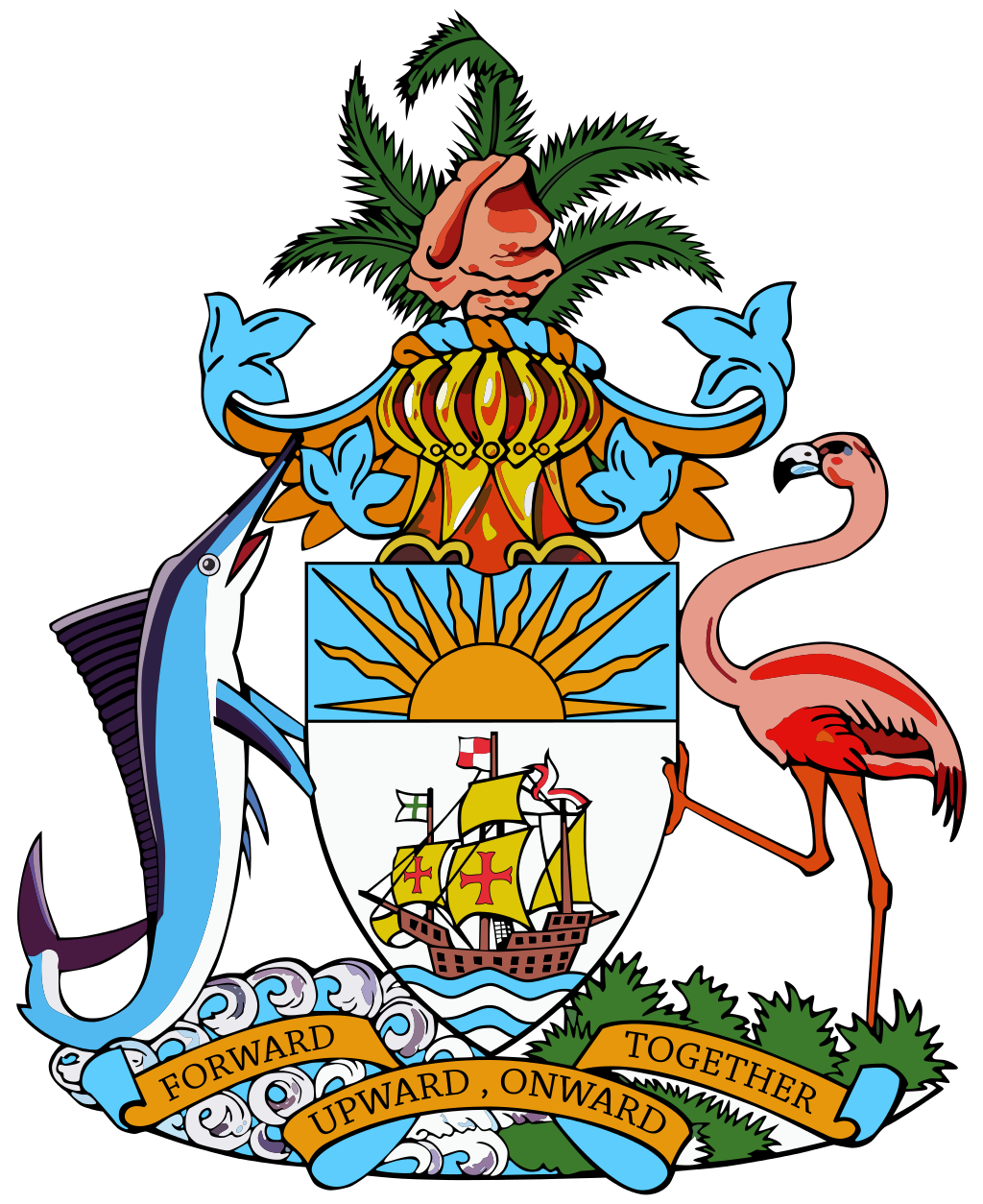Location
Lucayan Indians inhabited the islands when Christopher COLUMBUS first set foot in the New World on San Salvador in 1492. British settlement of the islands began in 1647; the islands became a colony in 1783. Since attaining independence from the UK in 1973, The Bahamas has prospered through tourism, international banking, and investment management. Because of its location, the country is a major transshipment point for illegal drugs, particularly shipments to the US and Europe, and its territory is used for smuggling illegal migrants into the US.
The Bahamas is a parliamentary democracy under a constitutional monarchy.
Source: CIA World Factbook
Members:
Resources
Displaying 36 - 40 of 86Conveyances and Other Dispositions (Foreign Companies) Validation Act, 1966.
This Act makes provision with respect to validation of dispositions relating to land in The Bahamas made by or to a foreign company not registered under the Foreign Companies Act.
Real Property Tax (Forms and Notices) Regulations (Cap. 375).
These Regulations prescribe forms for purposes of the Real Property Tax Act. Forms of Notices are: Notice of assessment required under subsection (1) of section 7; Notice required to be published for the purposes of subsection (2) of section 7. The Regulations also prescribe: the form of the assessment lists referred to in subsection (1) of section 7 of the Act and return and the particulars to be contained in such return required under subsection (1) of section 10 of the Act.
Implements: Real Property Tax Act (Cap. 375). (2009)
Registrar General Act (Cap. 186).
This Act makes provision for the appointment by the Governor-General of the Registrar General, the Deputy Registrar General and Assistant Registrars General and provides that Departments of the Registrar General and of the Registrar of Records shall be controlled and administered as one under the management of the Registrar General.
Public Trustee Rules (Cap. 177).
These Rules implement provisions of the Public Trustee Act with respect to, among other things: trusts that the Public Trustee may accept; other duties and functions of the Public Trustee; appointment of the Public Trustee by a testator; application for administration of small estates; acceptance or refusal of administration of small estates; registers to be kept by the Public Trustee; obtaining an opinion of the Supreme Court in matters of administration; and investigations.
Public Trustee Act (Cap. 177).
This Act provides for the establishment of the office of Public Trustee as a corporation and appointment of a Public Trustee by the Governor-General and defines the powers and functions of the Public Trustee. The Act also provides rules for the acceptance and administration of trusts by the Public Trustee and the administration of small estates by persons appointed by the Public Trustee upon application.
Implemented by: Public Trustee (Fees) Order (Cap. 177). (1971)
Implemented by: Public Trustee Rules (Cap. 177). (1971-04-01)


